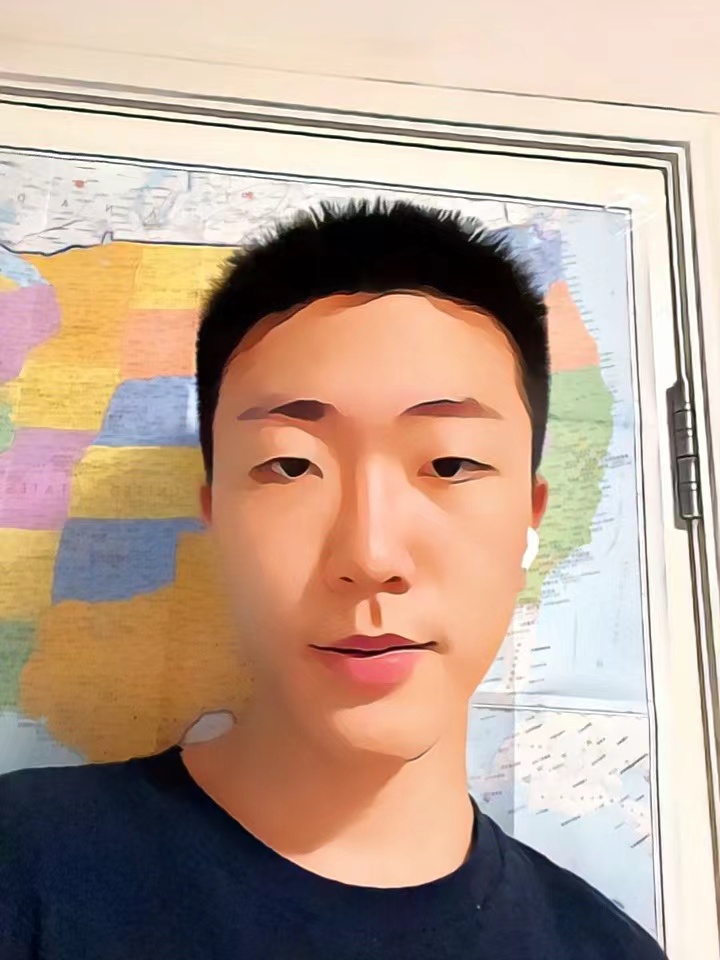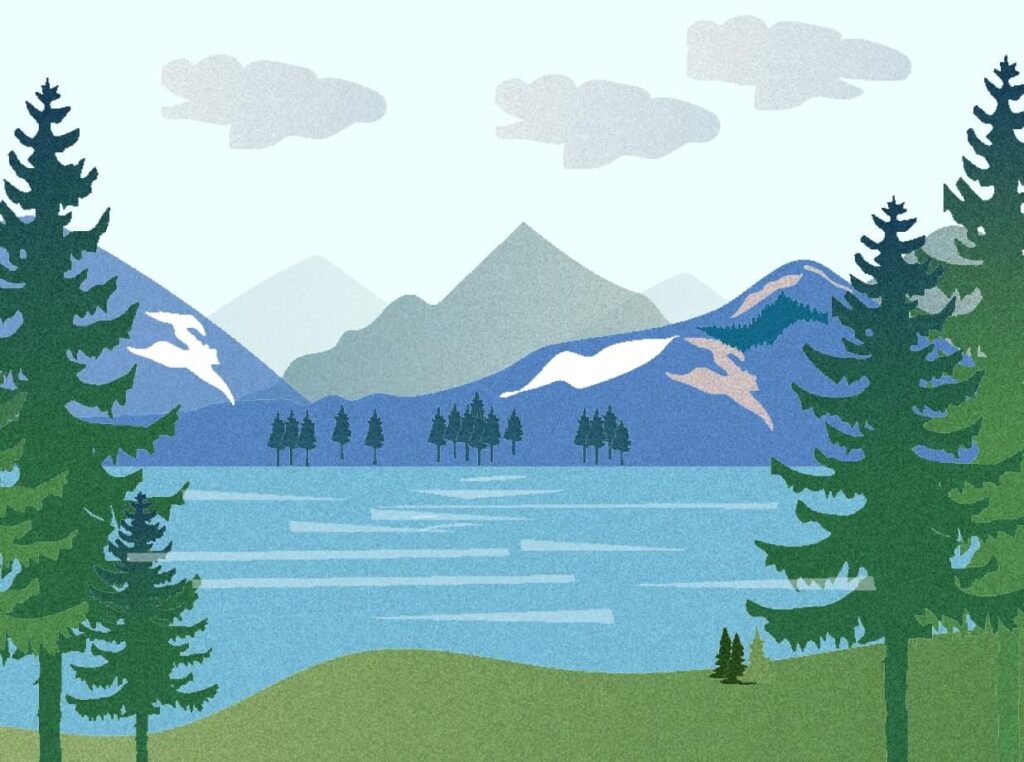Who are we?


Our Mission
We want to share the stories of Afghan women and raise funds for human rights promotion projects in Afghanistan. We hope to connect with medias to spread out voices.
Prologue: Our Inspirations
Afghan poet Aryan Ashory touched me with her poem Woman:
“Woman means, washing, cooking, taking care of the children.
Growing them, to build a mountain of pain.”
My tutoring job with Afghans gave me a new understanding of the mountains that millions of Afghan girls tried to overcome.
I worked with friends in U.S. high schools to provide multileveled English-speaking classes for Afghan girls who were deprived of the right to receive education after the Taliban took over power in Afghanistan.
One of my student told me that she was informed shortly before her university entrance exam that girls were banned from the test and entering all educational institutions. Her efforts dedicated to preparing the nine subjects of the exam all vanished between the lines of the Taliban’s policies. Not only was she excluded from education, but the Taliban also wanted all women to bury their heads in the busy housework and forget all “profanity and blasphemy” knowledge they learned from school. To pursue higher education, she decided to move to Pakistan and apply for a visa to English-speaking countries.
We were more likely friends than tutors and tutees. I encouraged them to tell me about their stories because I believed their voices and sufferings should be heard by more people if they could get the chance to leave their country. I still remember my astonished and grieved faces when hearing their painful stories from their mouths. It was so different from looking at the filtered news through media.
They are lively history, and I am consulting the forgotten first-hand sources about the painful mountains they endeavored to climb.
Some of my students succeed in overcoming and escaping the mountains. Two of my students will be entering the Hun School of Princeton next year through scholarship programs. One student transferred to the refugee camp in Germany last year. But I know most of the girls could not afford the price of flying over the mountains isolating Afghanistan from Pakistan and the rest of the world.
From the girls, I see the indistinguishable passion for education, for freedom, for the future. When my students pick up my phone call in the noisy refugee camp, in their homes while holding their babies, or in the secret underground education institution in Kabul, I know that my responsibility is to help them see the world outside their mountains and plant the seed of hope in their hearts. I could not hear hopelessness in their youthful voices despite they were living in an environment that most of the world was sympathetic with. What I saw was their shyness when first speaking in English with me and their easiness and delights as I got to know more about and befriend them They knew that every sentence structure and new phrase they learned added up to their possibility of leaving their countries and residing in a more liberal society.
When you live in painful mountains, you learn to live with it and work hard to achieve your goals beyond the mountains.
Each time I finished the class, they would always thank me. But it’s me who should say thank you to them. They taught me the secret of blossoming in the arid land.
By Zhuoyuan Nie
Talk to us
If you are interested in helping us with the program, or have interesting stories related humans rights issues in Afghanistan, or want to support us through any kind of ways, please feel free to email (zhuoyuannie@gmail.com) us!
Frequently Asked Questions
Some of the stories are 100% from the first-person account of Afghan women who either live under Taliban’s control or have fled to democratic countries. Some of the stories are translated and written by our program editors because the story provide could not freely express ideas in English.
We consulted every story provider before publishing their stories and any other pieces of personal information including pseudonyms, pictures, and age.
If you interested in financially supporting us, you can contact zhuoyuannie@gmail.com. If you are interested in being a program contributors, you can send you resume to zhuoyuannie@gmai.com. We will respond you within 24 hours. Thanks for your interest in helping Afghan women.
